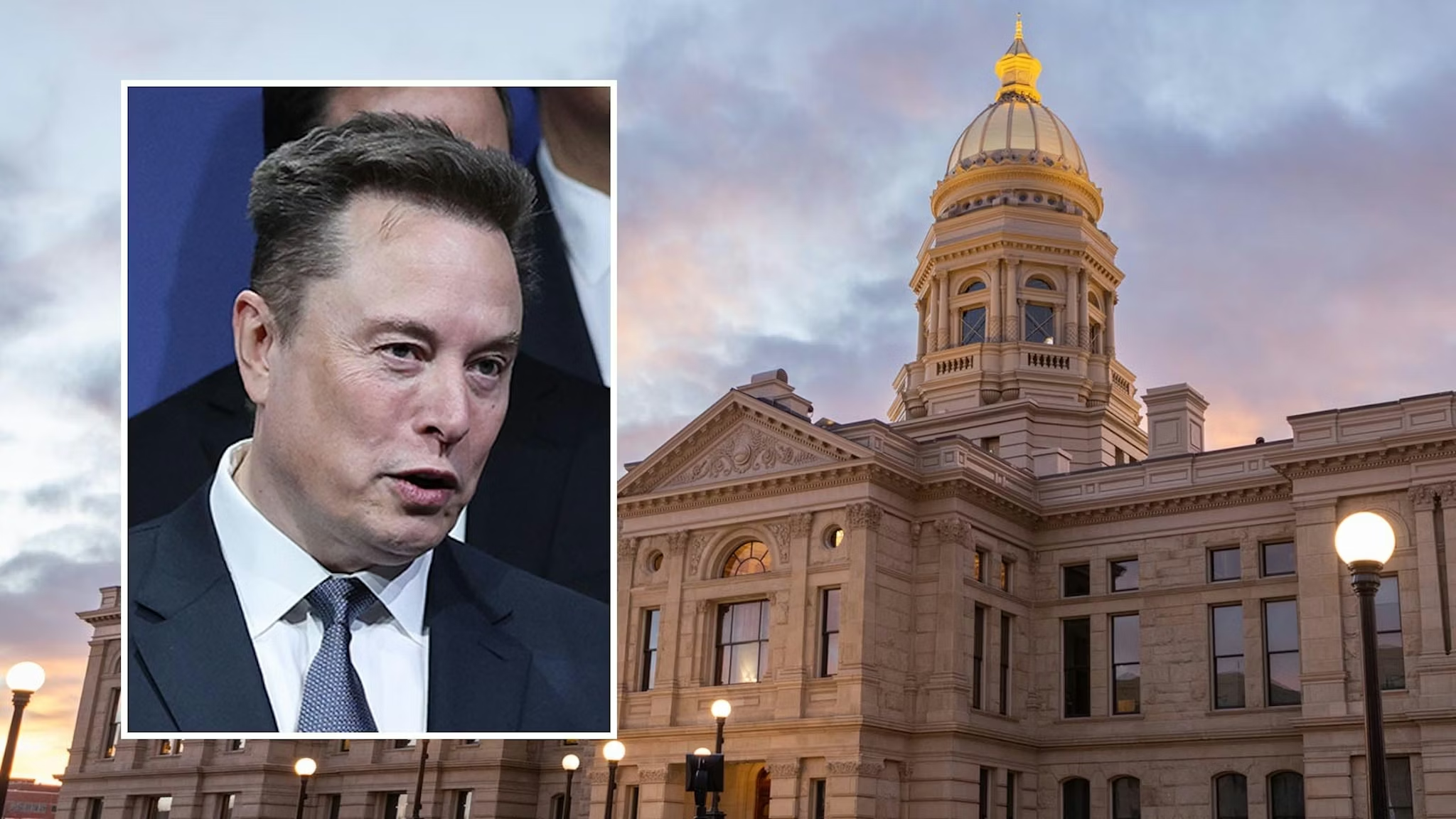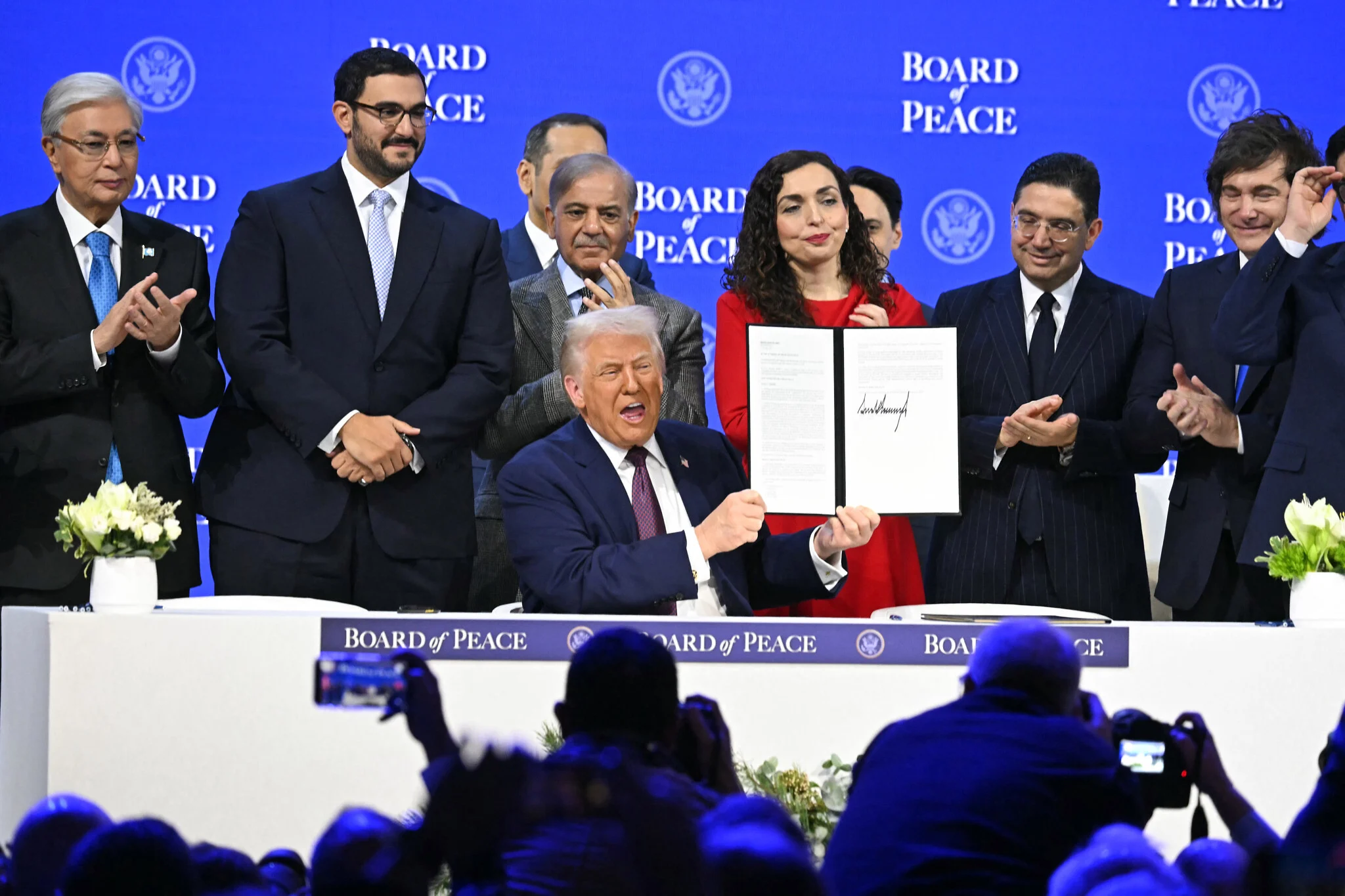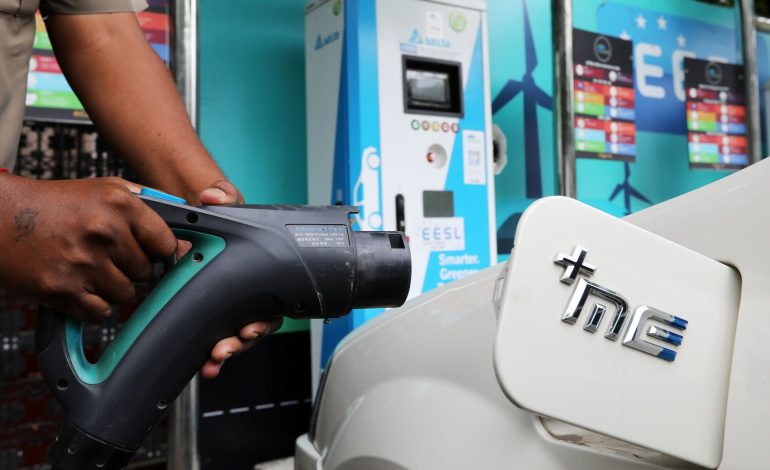India may soon end subsidies for electric vehicles (EVs) as falling battery costs make them increasingly competitive, Bloomberg reports, citing Federal Road Minister Nitin Gadkari.
Speaking at the annual BNEF Summit in New Delhi on Thursday, Gadkari stated that the demand for EVs has grown significantly, leading to increased production and a reduction in costs.
“Demand has increased, volume has increased, and cost has reduced,” he said, adding that the price of lithium-ion batteries has fallen to $107 per kilowatt-hour and is expected to reach $90 soon.
This price point, he believes, eliminates the need for government subsidies.
Gadkari has added that EVs in India are currently taxed at a much lower rate (5%) compared to diesel and gasoline cars, which can attract tax rates as high as 48%.
His comments come after reports surfaced on Wednesday suggesting that the government would soon announce new incentives to boost EV adoption.
The Indian EV market has witnessed rapid growth in recent years, with electric scooter and bike sales surging by 40% last year, and electric car registrations increasing by 70%. This growth has been attributed, in part, to government subsidies, which have been instrumental in making EVs more affordable for consumers.
However, Gadkari’s statements signal a shift in the government’s approach to promoting EVs. The falling battery costs, coupled with the existing tax advantages for EVs, have created a more favorable market environment, making government subsidies less necessary.
The potential phasing out of subsidies could represent a major milestone in India’s journey towards a cleaner and more sustainable transportation system. It reflects the growing maturity of the EV market in India and the increasing affordability of electric vehicles for consumers.










The latest news in your social feeds
Subscribe to our social media platforms to stay tuned